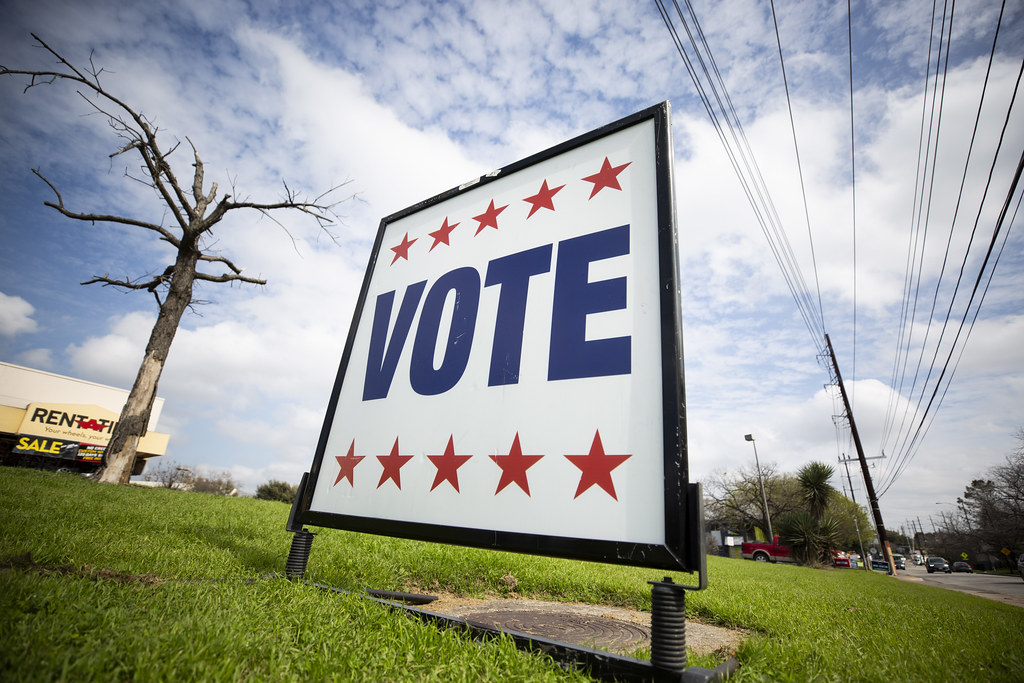From The Texas Newsroom:
Texas voters overwhelmingly supported two constitutional amendments on Saturday that economists and experts say will help slow down property tax growth, albeit modestly.
As of 8:54 p.m., the Texas Secretary of State’s office website showed that 87% of voters — 816,896 — were in favor of Proposition 1. Meanwhile, 85% of voters in Texas voted for Proposition 2. These results are unofficial.
Proposition 1 would adjust and lower the taxes homeowners 65 and older or with a disability pay towards public schools.
Proposition 2 would raise the homestead exemption for school property taxes from $25,000 to $40,000. The exemption reduces the taxable value of a homeowner’s primary residence.
Proposition 1 would go into effect on Jan. 1, 2023. Proposition 2 would go into effect immediately, applying retroactively to Jan. 1, 2022.
“The two propositions at least are trying to make a little dent in the problem,” Donna Shelton, a retiree from Austin, told The Texas Newsroom after casting her ballot Saturday at Ben Hur Shrine Temple. “It’s not a very big one, but it’s a step.”
More election results: Austin votes to ban no-knock warrants and decriminalize small amounts of weed
Texas’s homeowners like Shelton recently received their 2022 property appraisals, and many were shocked to see how their property values had skyrocketed.
According to the Texas Association of Appraisal Districts, many regions in Texas saw property values increase between 20 to 50%.
For example, appraised values in Travis County jumped 56% over the past year, according to KUT News. Meanwhile in El Paso, property value increased 18 to 20%, KFOX 14 reported.
James Quintero, policy director at the conservative think tank Texas Public Policy Foundation, said higher appraised values set “the stage for higher taxes.”
But, he told The Texas Newsroom that “just because your appraised value goes up, doesn’t necessarily mean that you should pay more.”
Delilah Carrizal, 53, said she voted for the amendments because she worries an increase in property taxes will push out older residents out of their cities.
“It’s pushing us all out,” said Carrizal, an Austin resident. “We’ve lived here for almost 30 years and we can’t afford to live here.”
Some voters had expressed concerns about how the propositions would impact the finances of the state’s public school districts.
Dick Lavine, a senior fiscal analyst at the left-leaning think tank Every Texas, said school districts would be no worse off nor better off with the passage of the amendments. He said the state would make up for the lost tax revenue.
“Instead of creating more money for schools, all it’s doing is creating lower tax rates,” Lavine told The Texas Newsroom.
Other voters — like Denise Calaway of Austin — are skeptical about how beneficial Proposition 2 was going to be.
“Is it going to make that much of a difference between [a homestead exemption of] $25,000 and $40,000?” Calaway said. “I doubt it, I really doubt it.”
Experts agree Prop 2 would save the average homeowner around $175 to $180 a year.
However, Lavine said the measure provided some equity to Texas’ homeowners.
“We are not especially looking to cut property taxes — we think the first priority should be increasing school funding,” Lavine said. “But if you do want to cut property taxes, this is the best way to do it because it’s more fair.”







